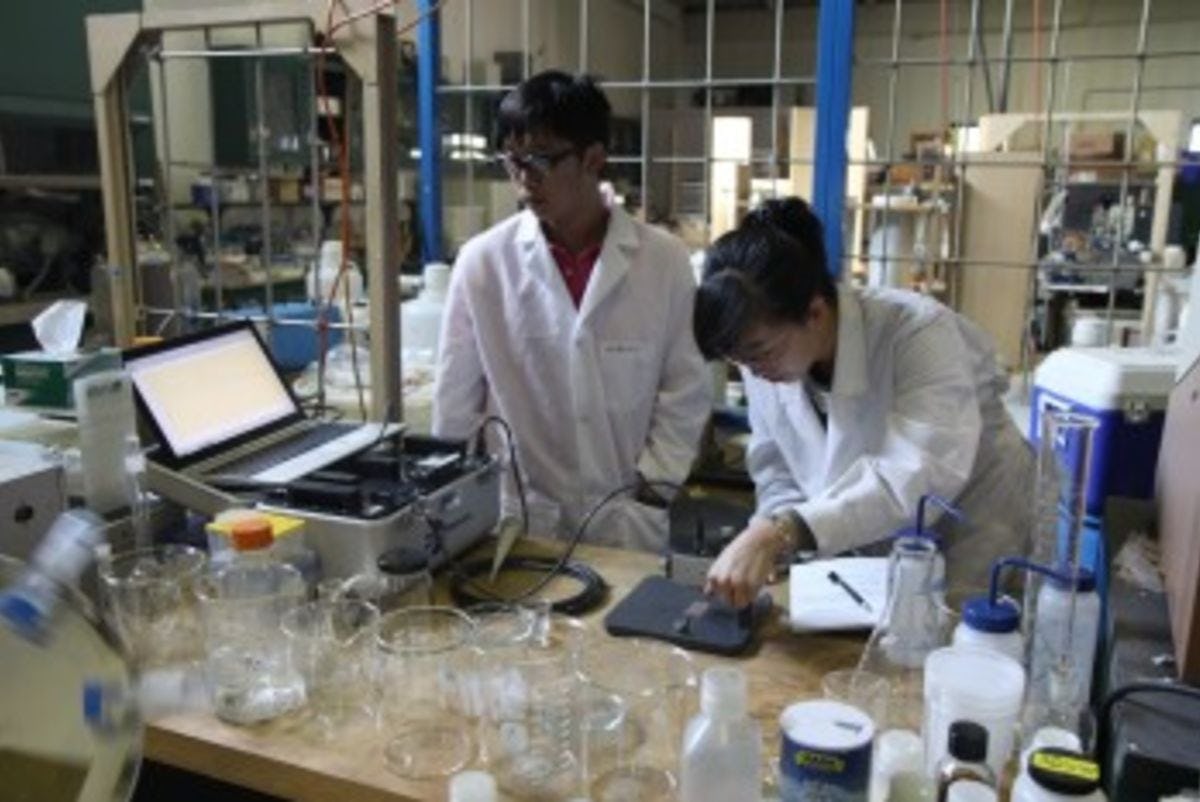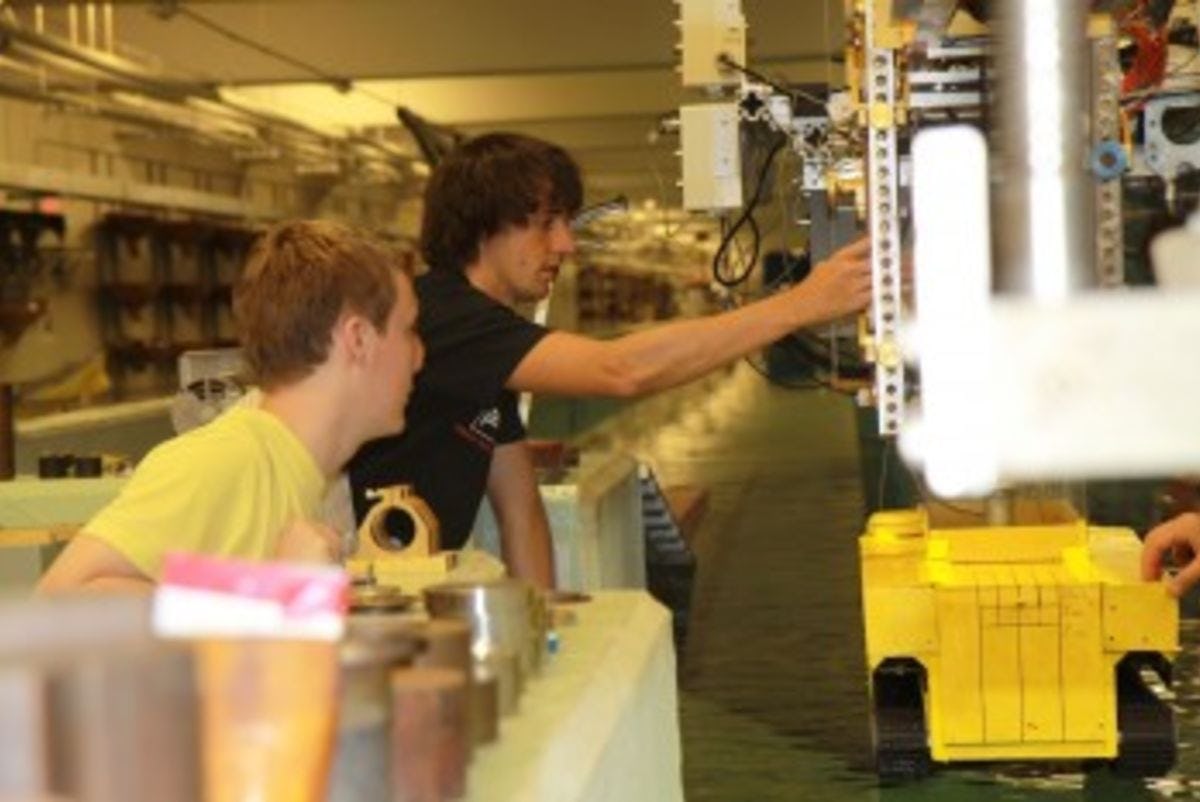Since its foundation in 2002, the New Jersey Center for MicroChemical Systems (NJCMCS) has provided a nationally unique research frontier for exploring microreactor and microfluidic technologies with our industry and government collaborators.
The micro-reactor technology development focuses on the demonstration of the enhanced heat and mass transfer performance provided by microreactor in comparison to conventional-size reactors. Mass transfer enhancement of two to three orders of magnitude have been obtained for multiphase reactions carried out in single channel microreactors at low processing flow rates.
The lab has also demonstrated a transformative technology which combined innovative reactor concepts with fundamental catalytic studies and catalyst development for the distributed production of biofuel from various forms of biomass waste.
Microreactor Systems
Microfluidic Systems
Faculty
Prof. Adeniyi Lawal
Research Interest: Process Intensification in Microreactors, Biomass to Biofuels, Process Simulation & Design, Mathematical Modeling of Transport Processes, and Reaction Engineering
alawal@stevens.edu, 201-216-8241
Prof. Woo Lee
Research Interest: Microfluidics, Self-Assembly, Bacteria-Biomaterial Interactions
wlee@stevens.edu, 201-216-8307




